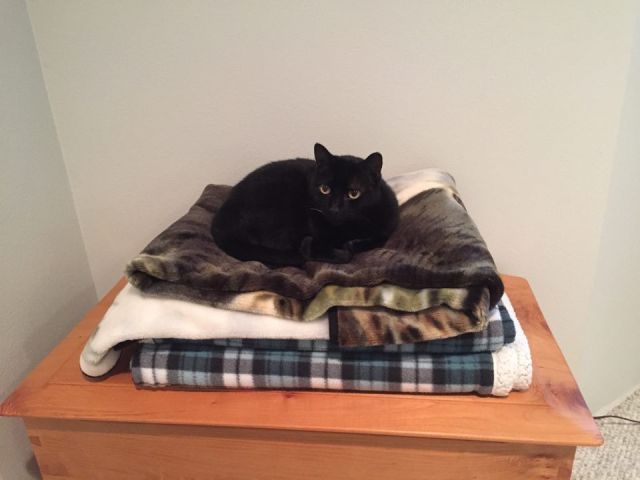It has recently come to my attention that certain sectors of the English-speaking world pronounce a selection of words–namely, calm, almond, and palm–in n extraordinarily strange way. This mispronunciation is not due strictly to accent, but to an actual differing interpretation of the meaning of letters in the English alphabet. Upon further investigation into both the Oxford and Merriam-Webster dictionaries, this strange pronunciation is actually preferred: presented as only possible in Oxford and two of four (first and third options) in Merriam-Webster. So it appears that I may actually be in the minority on this. But I refuse to relinquish my pronunciation–being the minority doesn’t necessarily mean you’re wrong.
Here is what happened. A friend and I were making fun of another friend for how he pronounced almond (as one does). He said (I’ll do my best at a phonetic spelling) something like Al-mond, like Albert. He is from Northern Ireland and so we went looking for support for our own position from other British folk. First up, we encountered a Scottish classmate. When asked, she said “ammond” where am rhymes with ham. We were confused and asked her why she didn’t pronounce the ‘l’. She responded, “No you don’t pronounce it, it’s silent like in ‘palm’.”
What.
Utter devastation. When further prodded, she confessed that the ‘l’ in calm is also silent. What. How could this happen? How had I been so totally unaware of this? We asked the others in our class–many of them support the silent ‘l’ pronunciation. I’m sort of in shock, I don’t know what to think anymore. What is English? What is language? What is the world?
May it never be said that I can’t be overdramatic.
Anyway, this week. I returned from my absolutely terrific time in Amsterdam on Saturday. I proceeded to do virtually no work. My hand was forced, to some degree, by a group presentation that I had today. It was in my Education class, comparing education policy toward migrants in Greece and Poland (moral of the story, don’t migrate to Greece or Poland). Also today was the final presentations in Research Methods. What a diverse and incredible group of ideas. I’m actually excited to read what my coursemates produce. Those people are so creative, intelligent, passionate, and just generally critically interested in the world. So fantastic.
Also, here’s a cat picture because cats cats cats cats cats.

Prince and the Pea?
I really don’t have a whole lot else to report. I’ve got loads of work ahead of me, first up is the research proposal. Also, there’s St. Patrick’s Day next week.
In other news of saddening and outrageous cultural discoveries, I mentioned Dr. Seuss this morning to another international student (non-native English speaker) and they didn’t know who he was. I mean, children’s literature I feel is particularly sensitive to cultural and linguistic barriers. But still. I love him so much. Basically everything he writes has a message that adults can and should appreciate. From the Lorax to sneetches, he told stories about all of us and I’m grateful for having grown up with him. Not to dis other cultures’ children’s authors at all. But who else gives life advice by telling you how brainy and footsy you are?
Hurray, I made it through this post without bringing up disastrously sad topics. Except I am genuinely upset about ‘ammond.’ But sometimes you just gotta live with what you got. See you next week.

Balm?
LikeLike
That one too. You can look at the comments on Facebook.
LikeLike
I did some checking and the US pronunciation of almond includes the “l” sound while the British pronunciation does not! However, palm and calm were both without the “l’ though I DO pronounce the “L” in both word! (And in balm.) Here is what tripped me up when I was younger. I have a sister-in-law whose mother was Australian. My sister-in-law always referred to jewelry as “jewellery”. I thought she was just ignorant but no, it was I who was ignorant. In Australia and UK, the extra “e” after the “l” is often added and the correct pronunciation is jewellery! AND they add an extra “L” as well! It is shown this way in the Oxford dictionary! One last thought: I had dinner last night with Janie Loflin from TYC and she told me she was reading a book by Bill Bryson entitled, “English: the Mother Tongue and How It Got That Way”. She shared several of the bits of historic information — really fascinating! Keep having fun and learning, Keegan! I enjoy reading your musings! Smiles, Nancy
LikeLike